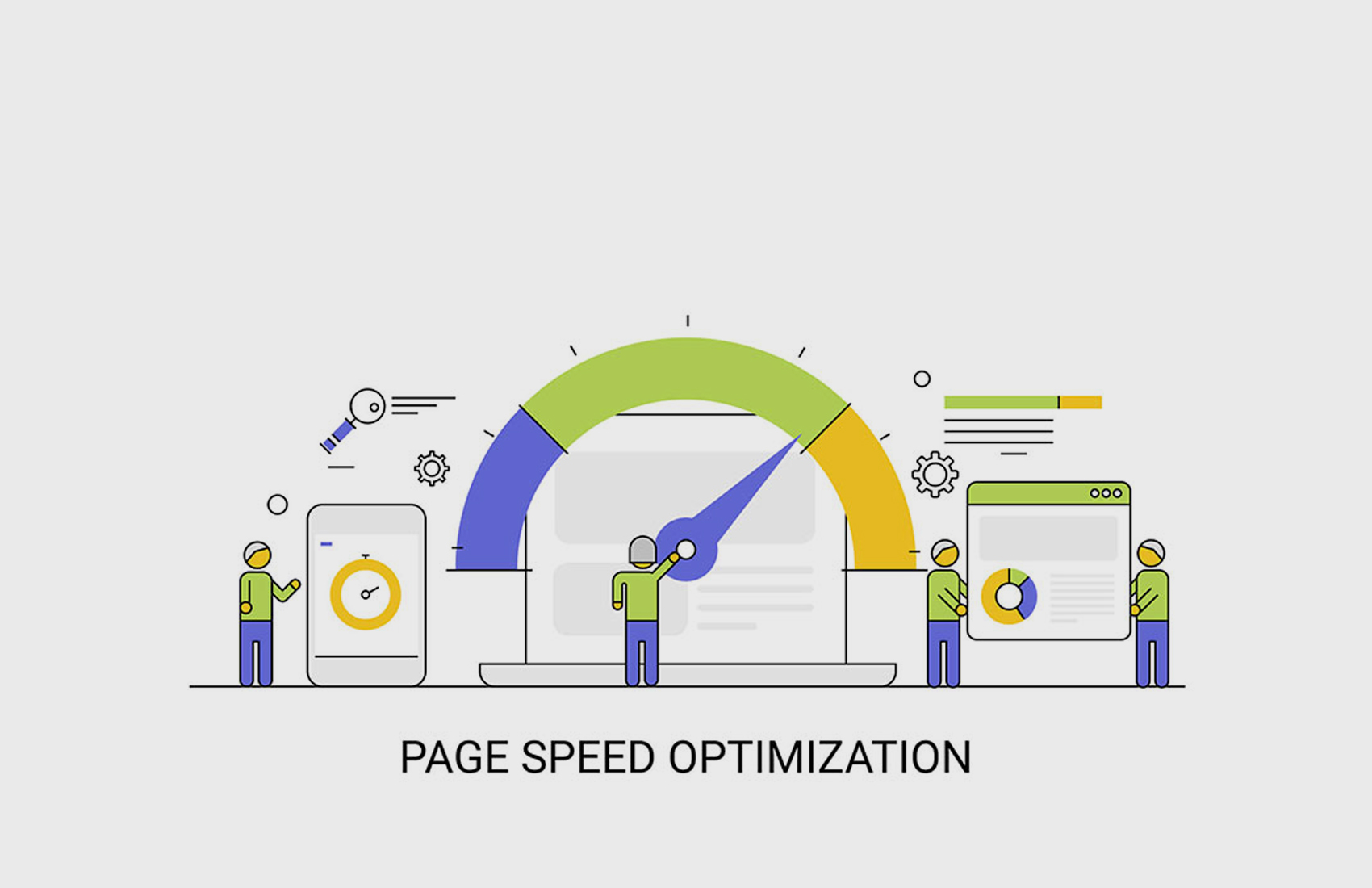In today’s fast-paced digital world, users expect websites to load quickly. Page speed not only affects user experience but also impacts search engine optimization (SEO) efforts. Google and other search engines prioritize fast-loading sites in their algorithms, which can improve rankings and drive more organic traffic. Slow loading times can lead to higher bounce rates and lower engagement, ultimately hurting SEO efforts. This blog will explore the importance of page speed for SEO services and provide tips and best practices for optimizing your site’s load times to improve user experience and SEO performance.
Understanding Page Speed: How is it Measured?
Page speed refers to how long a website loads its content, including text, images, and scripts. It’s measured in seconds and can be determined using various tools and metrics such as Google PageSpeed Insights, GTmetrix, and Pingdom. To determine page speed, these tools analyze various aspects of a website, including server response time, image optimization, and script loading. Understanding how page speed is measured is crucial for identifying areas for improvement and optimizing a website’s load times.
The Impact of Slow Page Speed on SEO
Slow page speed can significantly impact both user experience and search engine rankings. Users are more likely to leave a site if it takes less time to load, leading to higher bounce rates and lower engagement. This can ultimately harm SEO efforts by indicating to search engines that the site needs to provide a positive user experience. Additionally, search engines like Google prioritize fast-loading sites in their algorithms, and slow page speed can negatively affect search engine rankings.
Key Factors Affecting Page Speed
Several factors can impact page speed, including images, scripts, and server response time. Images can slow down a website’s load time if they’re not properly optimized, including compressing file size and resizing for optimal display. Scripts, such as those for tracking and ads, can also affect load times if not optimized or placed appropriately. Finally, server response time can impact load if retrieving and displaying website content takes less time. Understanding these key factors is crucial for optimizing page speed and improving user experience and search engine rankings.
How to Measure Your Site’s Page Speed
Several tools and metrics are available for measuring your website’s page speed. Google PageSpeed Insights is a popular tool that analyzes website speed on desktop and mobile devices, providing insights and recommendations for optimization. GTmetrix and Pingdom are other popular options that offer similar features. These tools measure various aspects of a website, including server response time, image optimization, and script loading, to provide an overall score and suggestions for improvement. Regularly measuring page speed using these tools and implementing recommended optimizations can improve user experience and search engine ranking.
Common Issues That Affect Page Speed
Several common issues can affect page speed, including unoptimized images, excessive use of scripts, and slow server response time. To fix these issues, web developers can compress and resize images for optimal display, minify scripts to reduce their size and optimize their placement, and improve server response time by optimizing code and server settings. Other solutions include leveraging caching to reduce load times and using content delivery networks (CDNs) to improve website performance. Regularly monitoring and addressing these issues can significantly improve page speed, user experience, and search engine rankings.
Best Practices for Optimizing Your Site’s Page Speed
There are several best practices for optimizing your website’s page speed. These include optimizing images and scripts, minimizing HTTP requests, leveraging browser caching, and reducing server response time. Other techniques include:
- Using a content delivery network (CDN).
- Optimizing code and server settings.
- Implementing lazy loading for images and scripts.
Additionally, mobile optimization is crucial for improving page speed as more users access websites from mobile devices. Regularly monitoring page speed and implementing these best practices can significantly improve user experience and search engine rankings, ultimately driving more organic traffic to your website.
Mobile Page Speed
Mobile page speed is crucial for providing a positive user experience on mobile devices, which account for most internet traffic. Slow mobile load times can lead to high bounce rates and lower engagement, ultimately hurting SEO efforts. To improve mobile page speed, web developers can optimize images and scripts for mobile devices, reduce server response time, and leverage browser caching. Additionally, responsive and mobile-specific design techniques can improve load times and user experience. Regularly monitoring and improving mobile page speed is essential for optimizing user experience and SEO efforts in today’s mobile-first digital landscape.
The Role of Content Delivery Networks (CDNs) in Improving Page Speed
Content Delivery Networks (CDNs) play a significant role in improving page speed by distributing website content across multiple servers around the world. CDNs store cached versions of the website content, such as images and scripts, closer to users, reducing the distance data must travel and improving load times. This can result in faster load times and improved user experience, particularly for users accessing a website from geographically distant locations. Implementing a CDN is a recommended best practice for improving page speed and ultimately improving search engine rankings and driving more organic traffic to your website.
Conclusion
Page speed is crucial in providing a positive user experience and improving search engine rankings in today’s digital landscape. Slow load times can harm user experience and lead to lower engagement and higher bounce rates. Indicating to search engines that a website needs to provide a positive user experience. Web developers can significantly improve page speed. And drive more organic website traffic by implementing best practices such as optimizing images and scripts, leveraging browser caching, and using CDNs. Making page speed a priority can improve SEO results and drive business growth. READ MORE….



